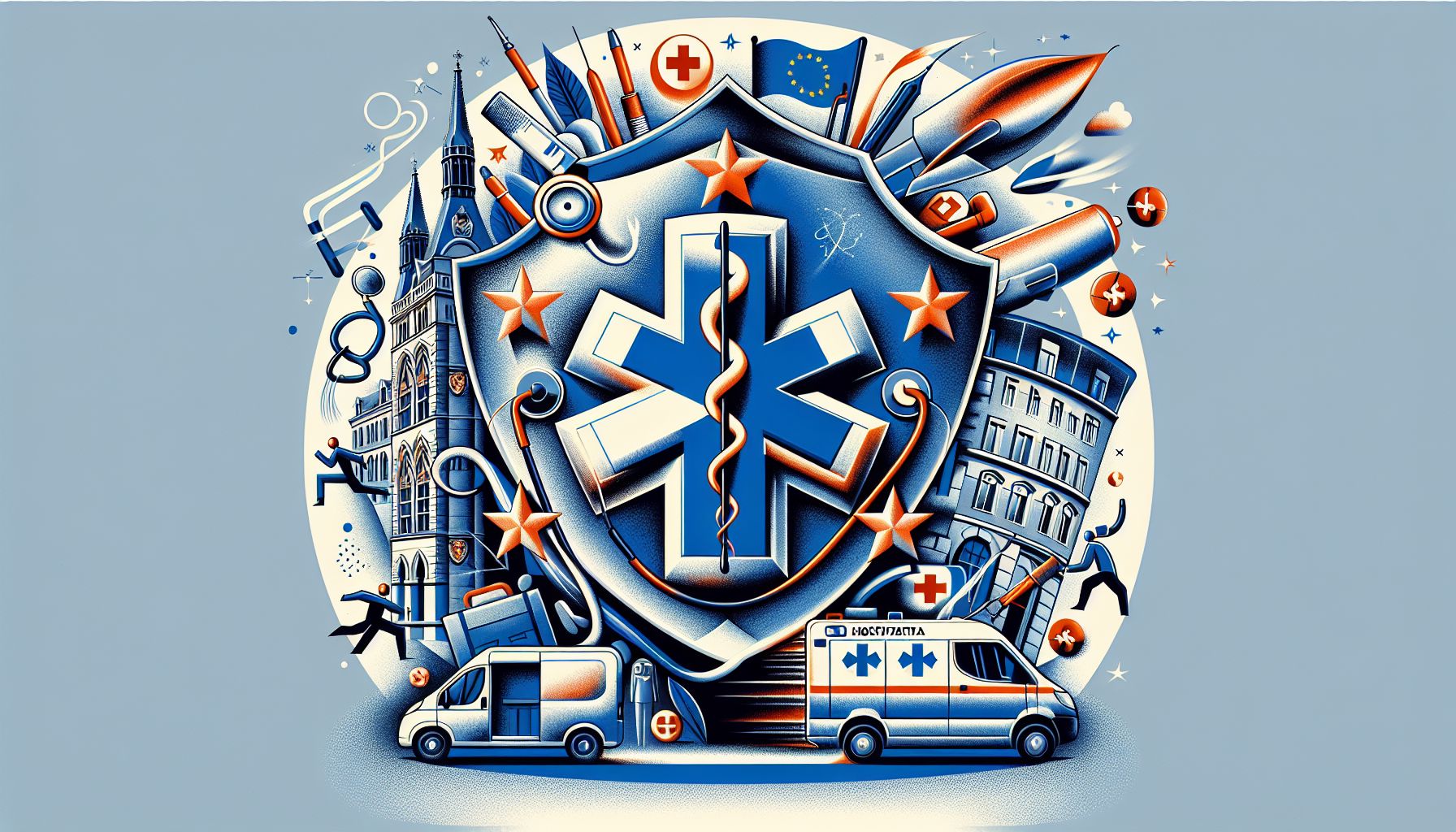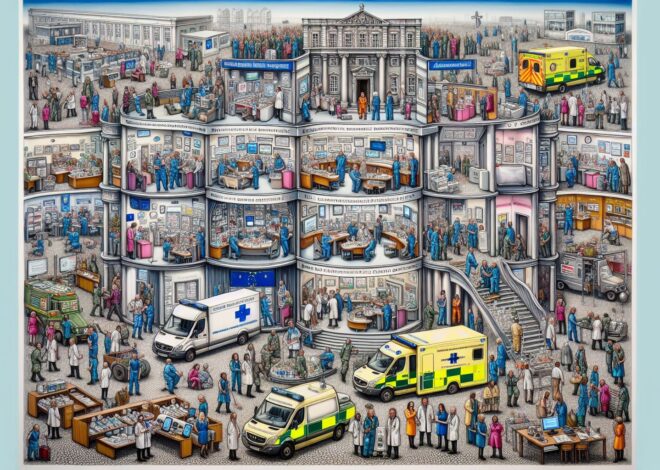
The Preparedness and Response of European Health Systems
In light of the ongoing pandemic and other health crises, the preparedness and response of European health systems have come under scrutiny. Health professionals, policymakers, and concerned citizens all play a crucial role in ensuring that our healthcare systems are adequately equipped to handle any challenges that may arise. Let us delve into the current state of European health systems and explore what steps can be taken to improve their preparedness and response.
Preparedness
Preparedness is key to effectively responding to health emergencies. European health systems must ensure they have sufficient resources, such as medical supplies, equipment, and healthcare professionals, to handle any crisis that may arise. This means having robust emergency response plans in place, regular training and drills for healthcare workers, and adequate funding to support these efforts.
One area where European health systems have shown strength in preparedness is in their ability to quickly adapt and implement public health measures. During the COVID-19 pandemic, many countries in Europe were able to swiftly enact lockdowns, ramp up testing and contact tracing efforts, and roll out vaccination campaigns. This demonstrates the importance of having a well-coordinated and proactive approach to outbreaks.
Response
The response of European health systems to health emergencies is equally important as preparedness. A timely and well-coordinated response can help minimize the impact of a crisis and save lives. This requires effective communication between healthcare providers, government officials, and the public, as well as a willingness to adapt and learn from past experiences.
One area where European health systems have faced challenges in their response is in the coordination of efforts between different countries. The pandemic has highlighted the need for better collaboration and information sharing to ensure a unified response to crises that transcend national borders. This is an area where policymakers can work together to strengthen the resilience of European health systems in the face of future challenges.
Conclusion
In conclusion, the preparedness and response of European health systems are critical for safeguarding the health and well-being of their populations. Health professionals must be ready to mobilize resources quickly and efficiently in times of crisis, while policymakers must invest in building resilient and adaptive healthcare systems. Concerned citizens can also play a role by staying informed, following public health guidelines, and advocating for better healthcare infrastructure.
By working together, we can ensure that European health systems are better prepared to handle any challenges that may come their way. It is only through this collective effort that we can build a healthier and more resilient future for all.



